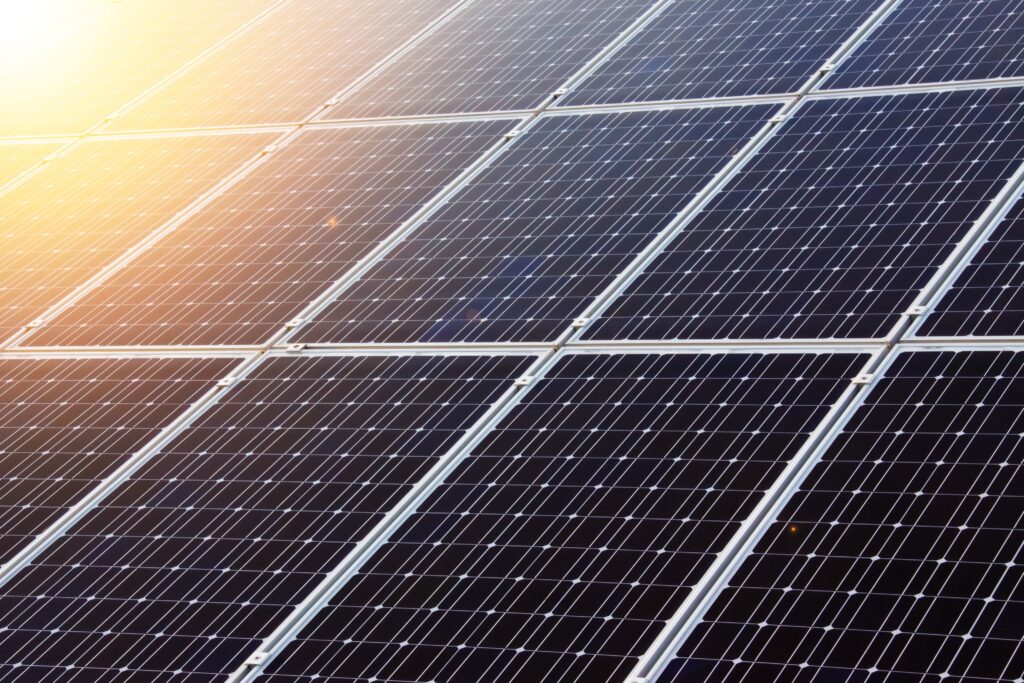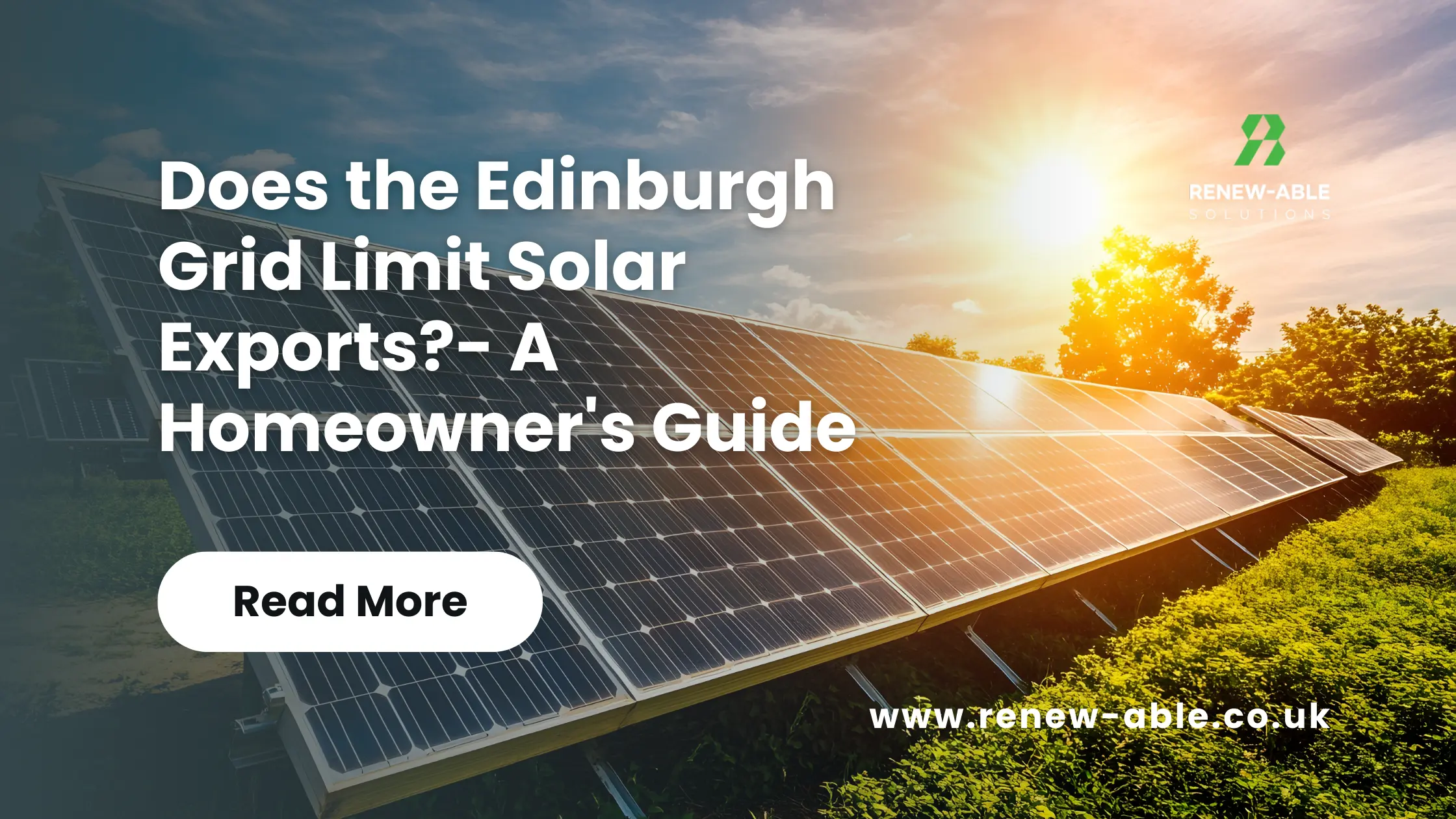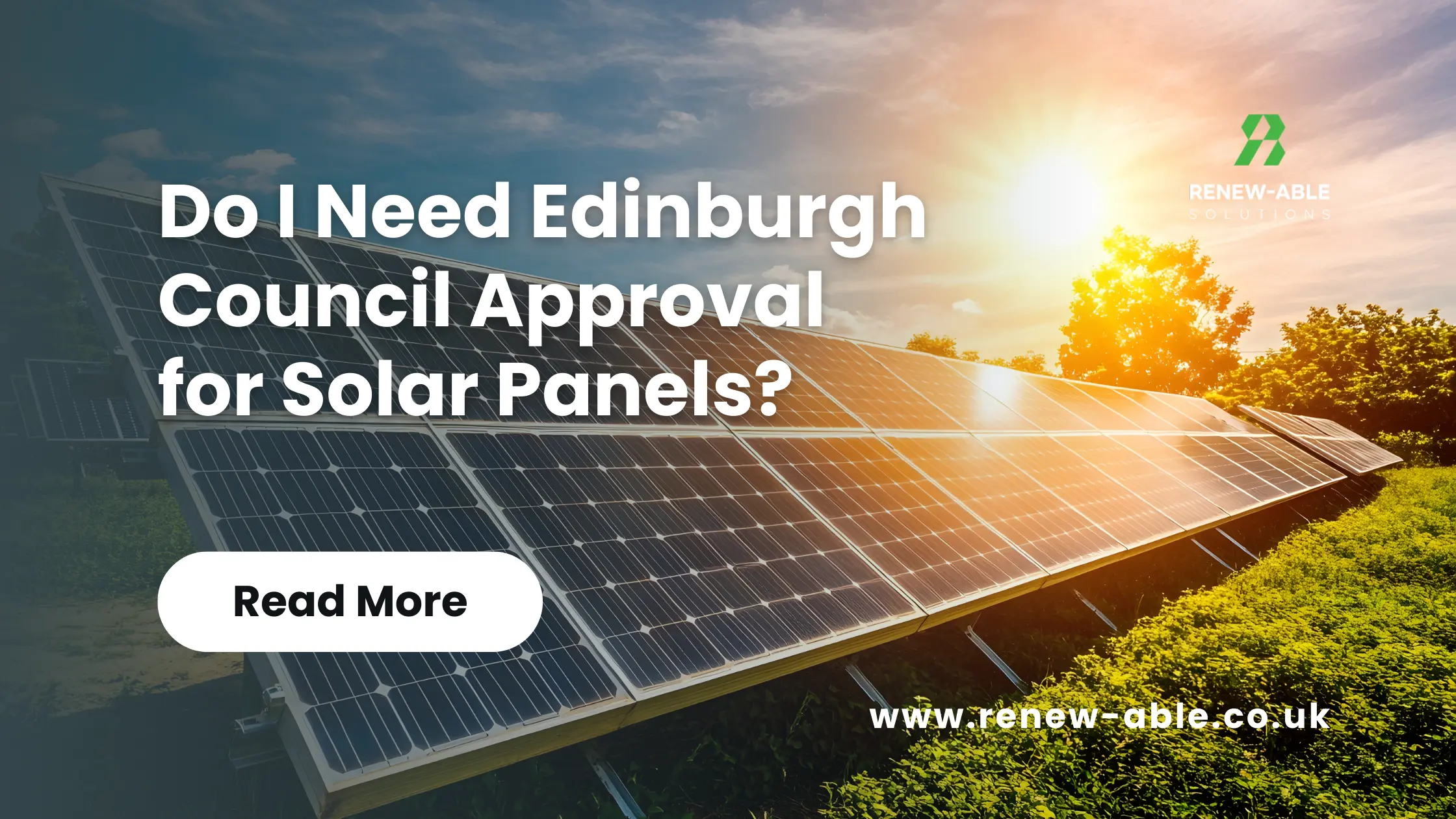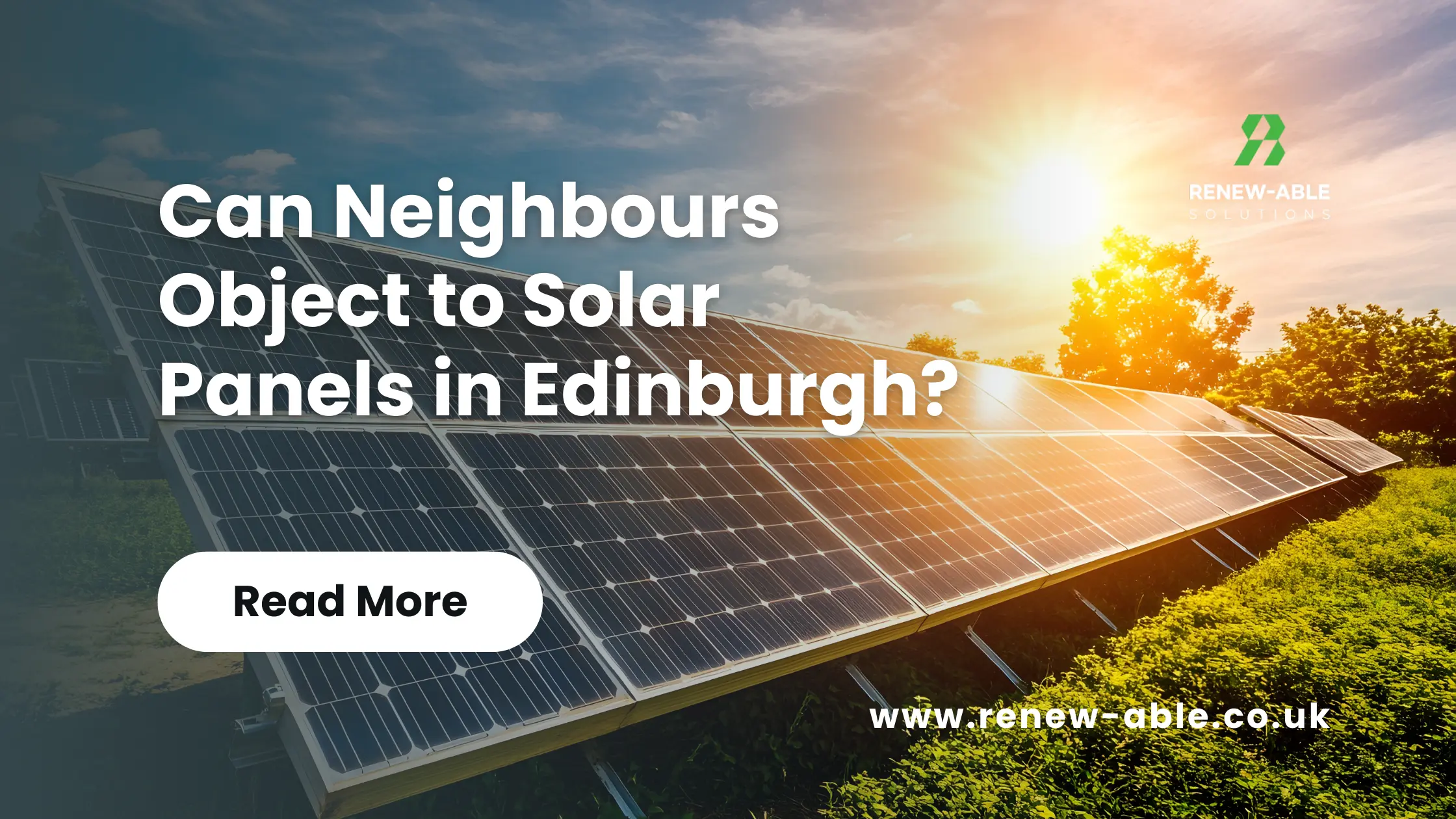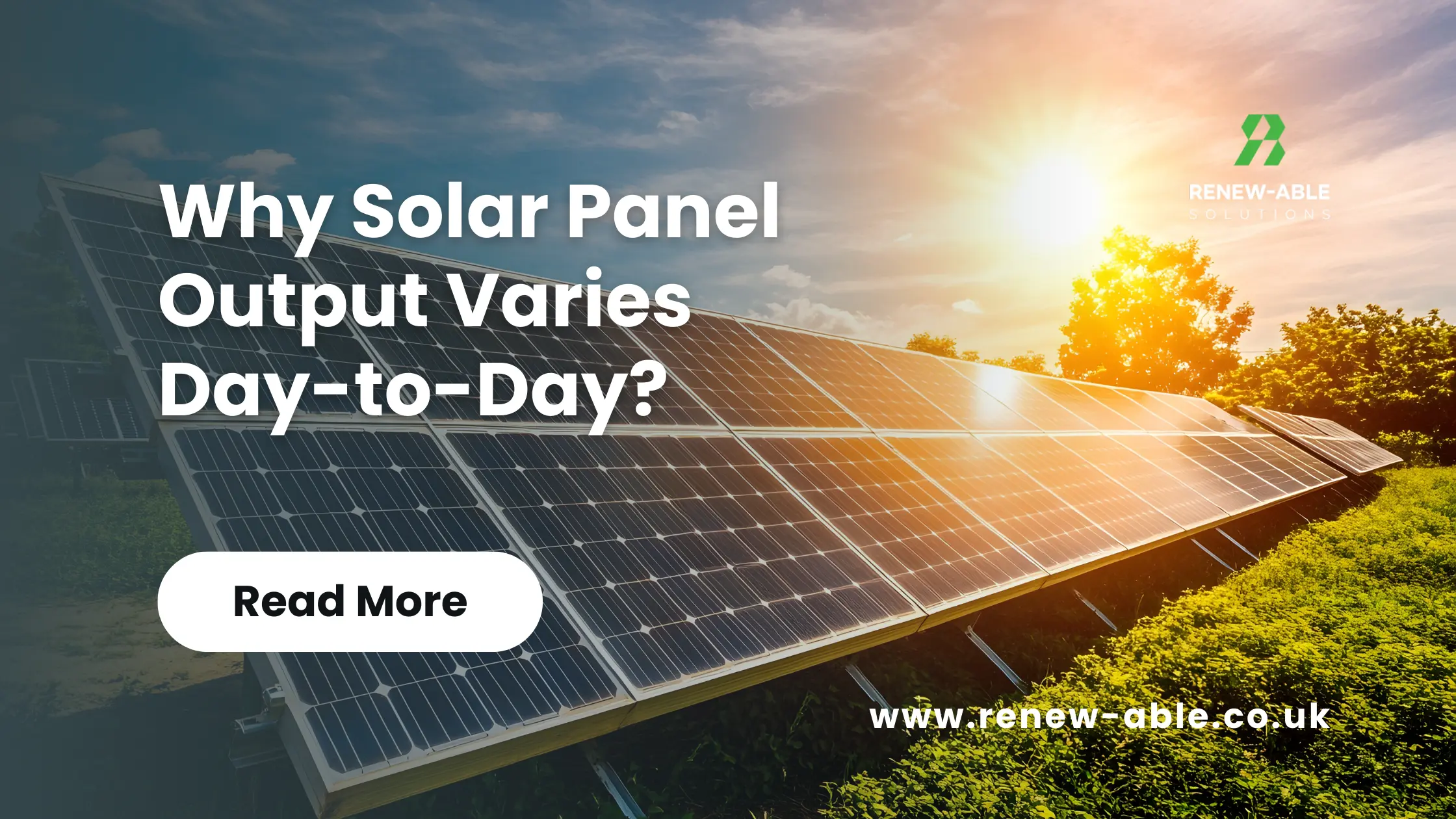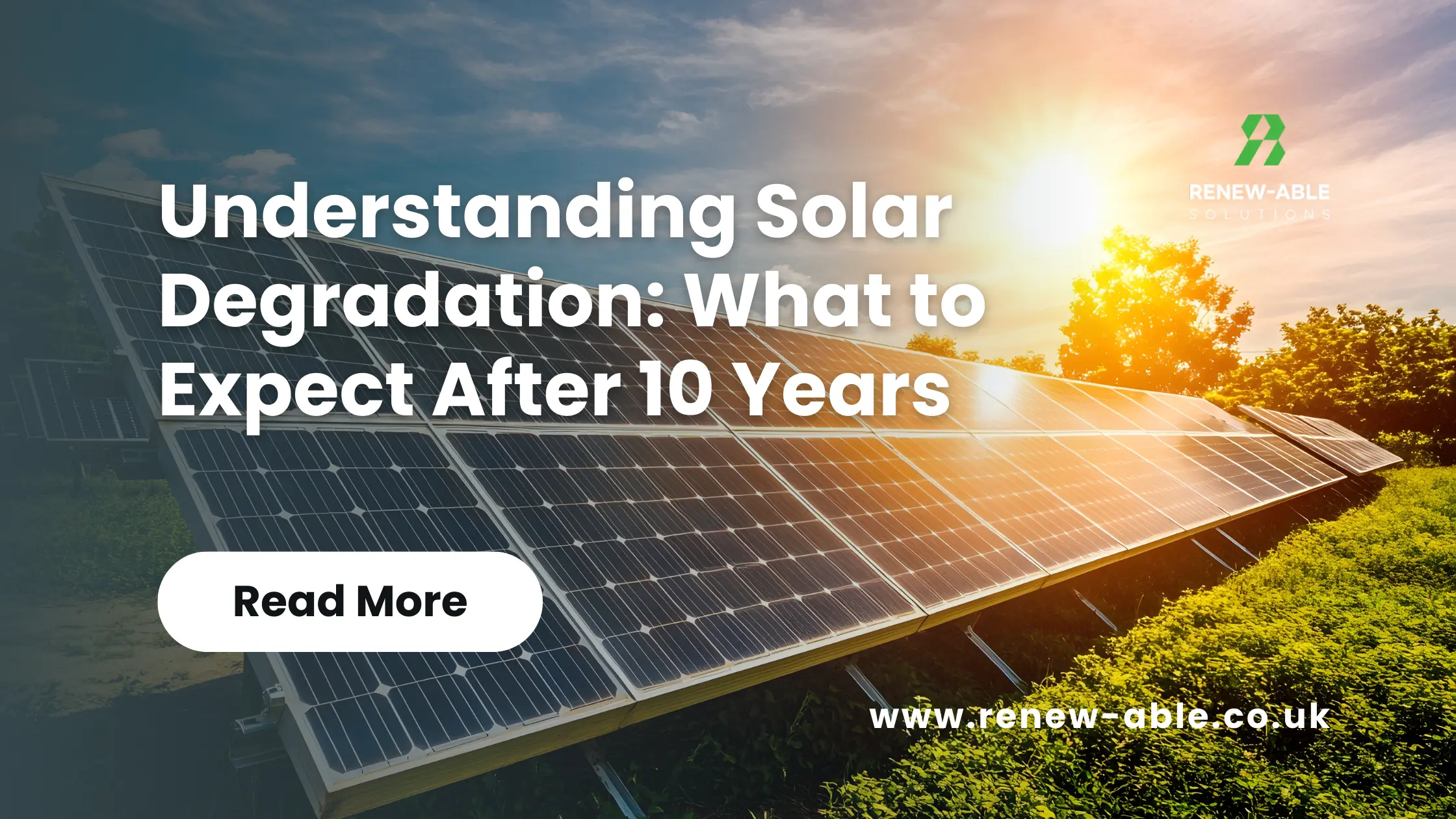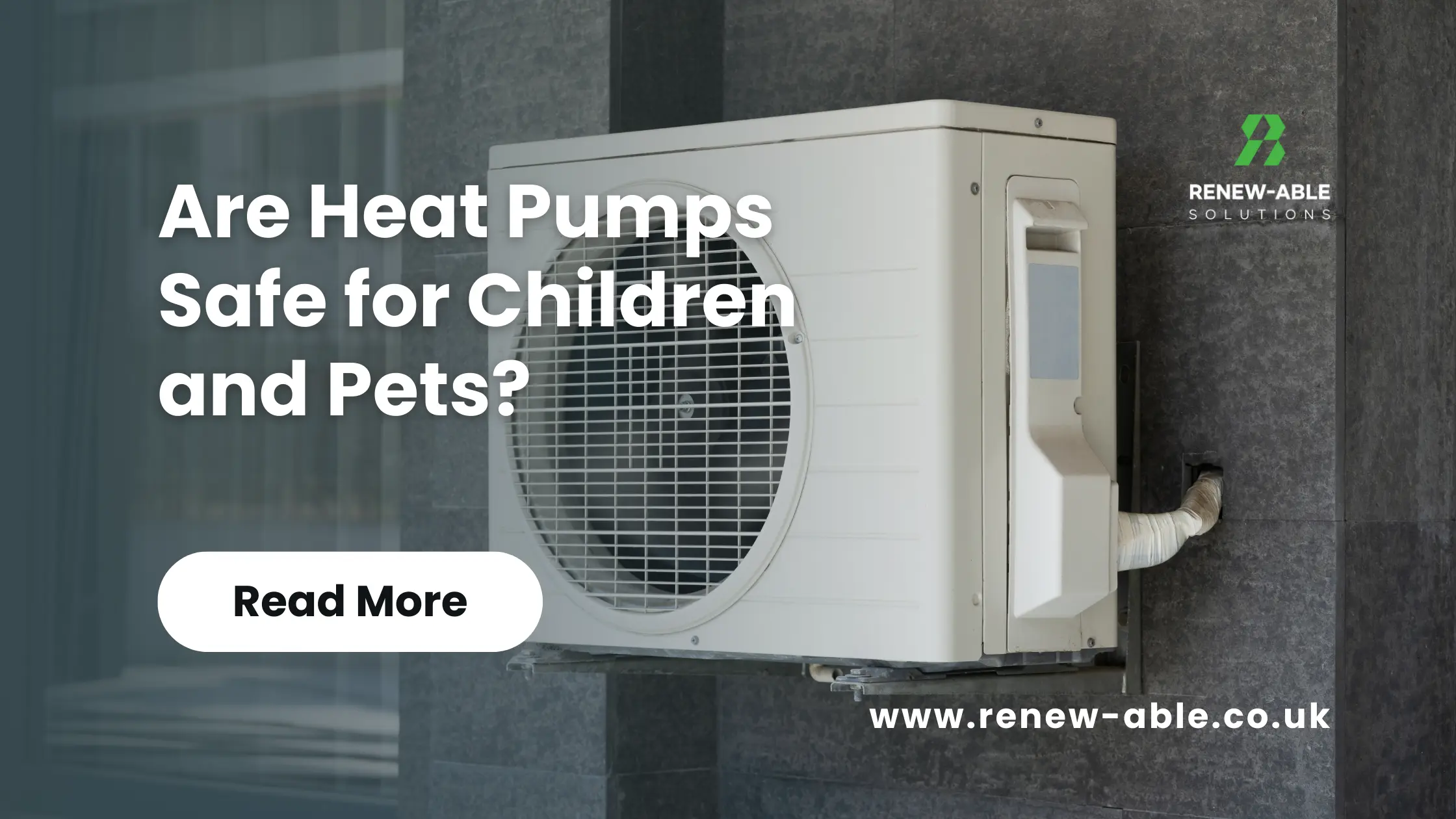Solar PV
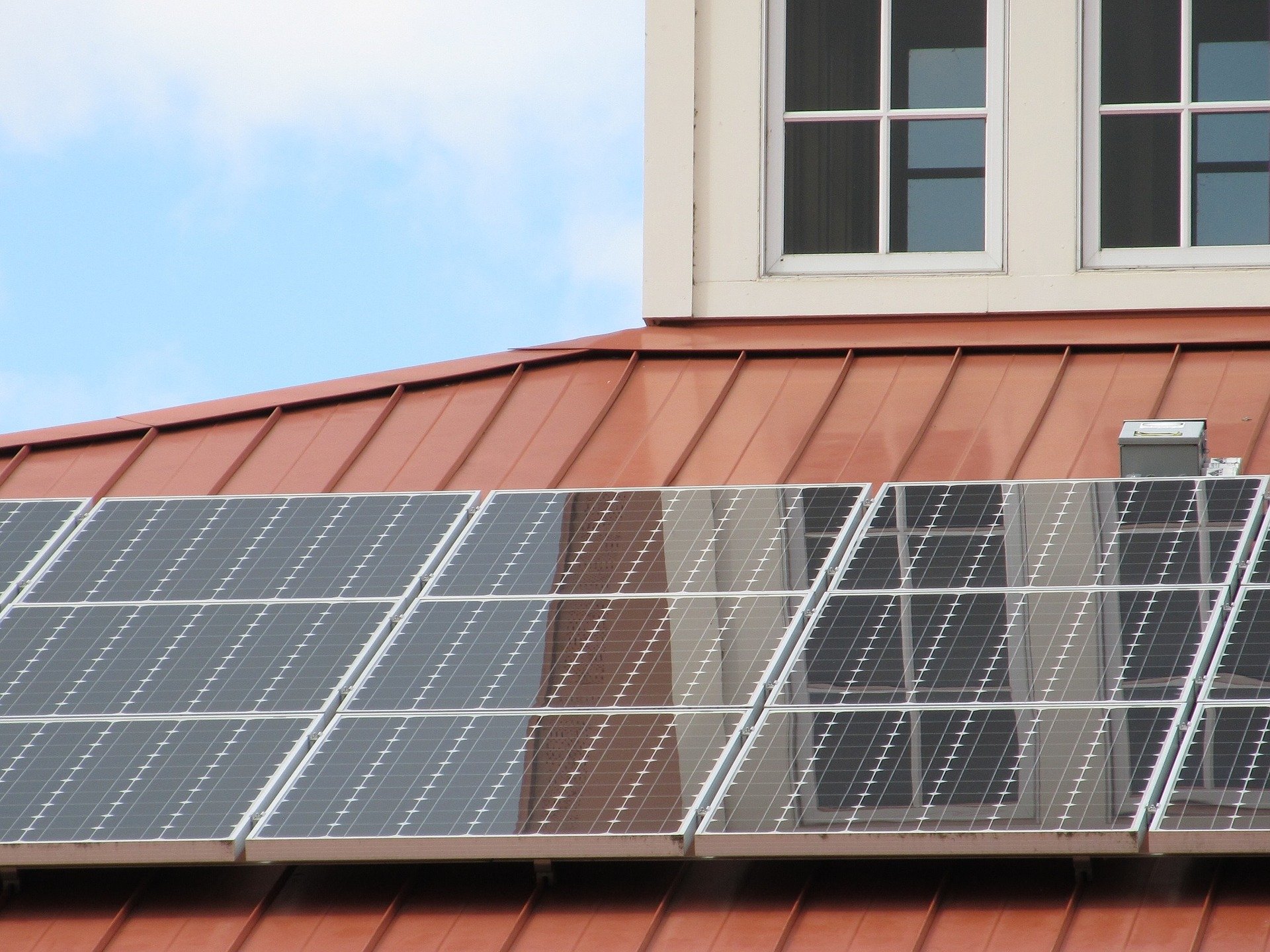
The two types of solar panel
You may have realised there are two types of solar panel – solar PV and solar thermal. Both work on the principle of taking energy from the sun and using that to generate a form of power for your home. While both are often rooftop panels, that’s where the similarities end. Let’s break down solar PV vs solar thermal to see which is best for you.
How solar PV works
Photovoltaic (PV) panels turn sunlight into electricity. They’re made from a semi-conducting material, like silicon, in two layers to produce an electric field. When sunlight strikes this field, it generates a small voltage. The panels send this direct current (DC) to an inverter, which turns it into alternating current (AC) – used by appliances in the home. Electricity flows from the fuse box into these appliances if required, or out into the grid if not.
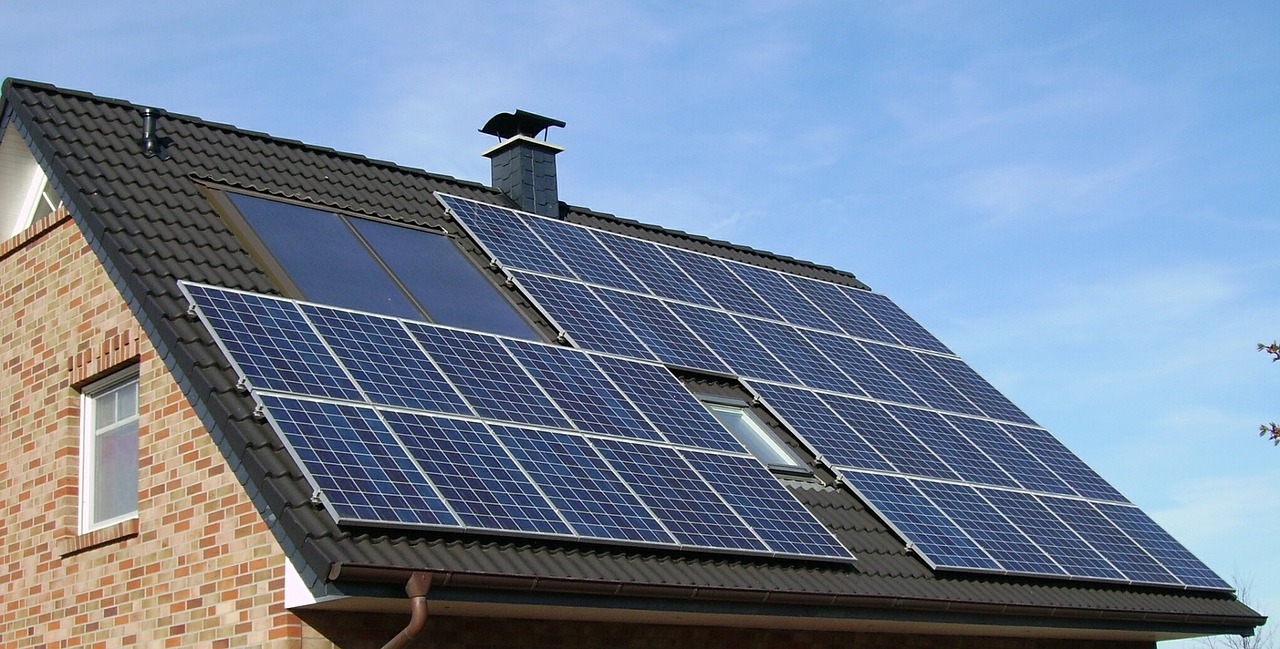
For more details, see our full guide to how solar PV works.
How solar thermal works
Solar thermal panels turn sunlight into heat. The panel is comprised of tubes filled with a liquid, often glycol with antifreeze. Sun heats the liquid, which is then sent to heat up a copper coil and warm your hot water tank. Other parts of the system include a pump (that may be powered by PV) to move the liquid around the cycle and a control system to stop freezing liquid cooling your tank on colder days.
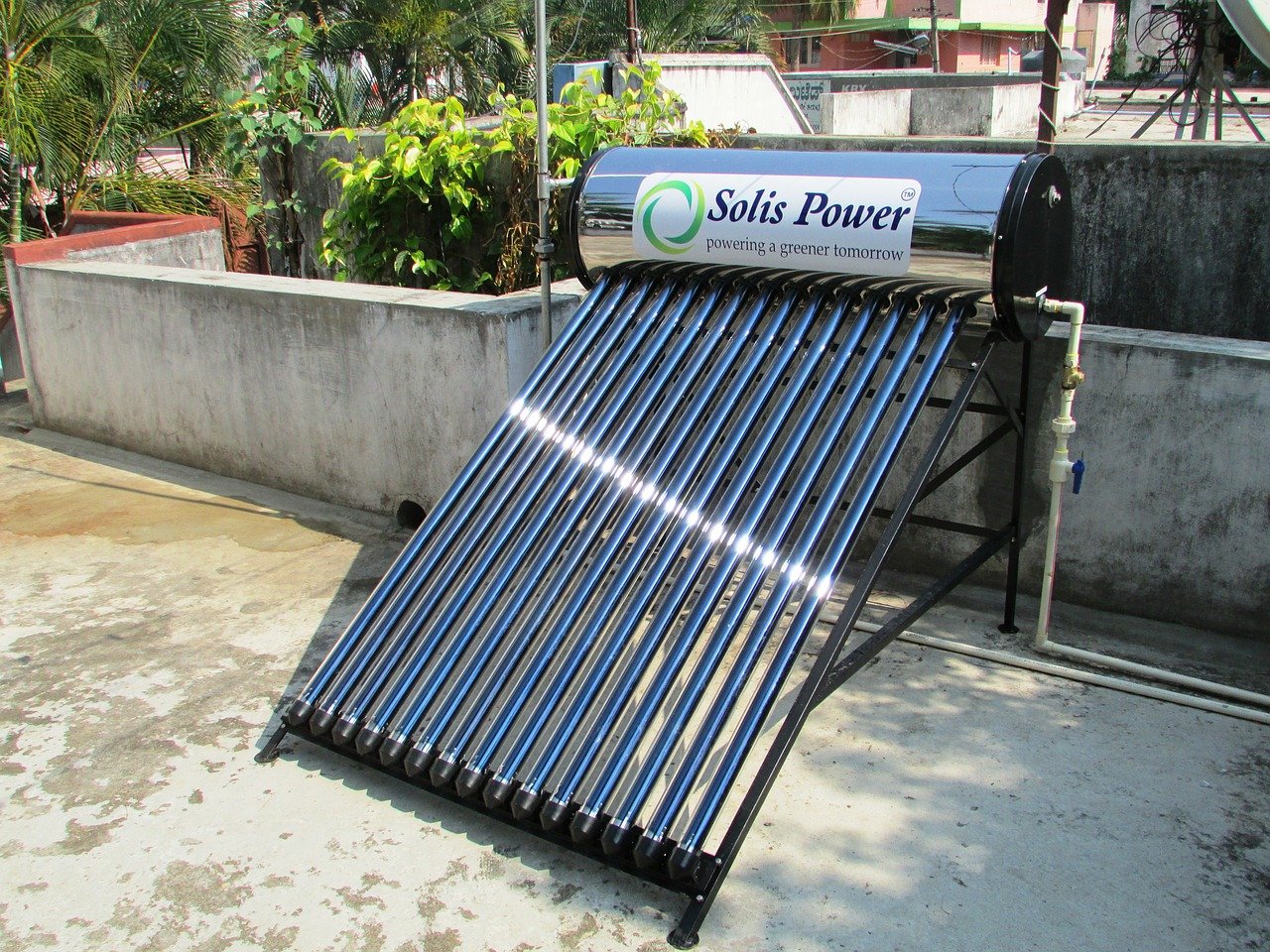
Pros and cons of solar PV vs thermal
Efficiency
In terms of pure efficiency at harvesting energy from the sun, solar thermal is more efficient at around 70% while PV is around 15-20%. So in theory thermal panels will require less roof space than PV.
But this is somewhat misleading. Thermal energy is classed as a ‘lower grade’ than electric; in this case it can only be used for one purpose, heating water. PV’s electric energy can be used for a multitude of applications in the home from lighting and heating to appliances and car charging.
On site usage
Both types of system generate power when the sun is out. Thermal energy is in effect stored in the hot water tank, for as long as the tank retains heat. If too much hot water is being produced (for example in the height of summer), then it often has to be wasted by manually running the hot water out.
Electrical energy generated by PV has to be used at the moment it’s produced, though excess can be sent to the grid to be used by others (and you will be reimbursed for this under the Smart Export Guarantee). Alternatively, you can invest in home battery storage to soak up generated power for later use.
Cost
In the early days, solar thermal was much cheaper than PV. Over the past decade, due to funding and innovations, the cost of PV has dropped by more than 50%. This means the cost differential per system is no longer much of a consideration.
While subsidies for domestic PV have ended, note that solar thermal may be eligible for Domestic Renewable Heat Incentive (RHI) payments.
It’s also worth considering the cost of the fuel you are displacing. Electricity from the grid is expensive at 19p per kWh, while gas (conventionally used for water heating) is only 4p per kWh. So producing your own electrical energy works out significantly more cost-efficient.
Maintenance
Solar PV requires very little maintenance. We’d recommend a check and panel clean every couple of years to make sure they’re performing at their optimum. But because of all the moving parts and glycol liquid in the panels, thermal systems can cost upwards of £200 a year in maintenance.
Lifespan
Those moving parts in thermal panels compared to PV also mean it has a shorter lifespan of up to 20 years. PV on the other hand can keep going for over 40 years, with little degradation in performance.
Using PV for water heating
While so far you may be thinking it’s worth sharing your roof space between thermal and PV panels, note that PV can also be used for water heating. There are devices called solar PV or immersion optimisers, which detect when excess solar generation is being sent to the grid and instead divert this into heating your water tank. These are great because they maximise the amount of electricity being used on site and heat up your water during the day for when you need it later on. Our favourite brand of these is the eddi.
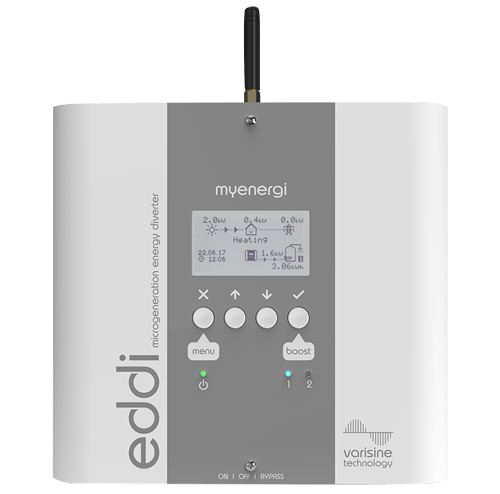
Our recommendation
After weighing up both systems, we believe solar PV is much more worthwhile in terms of flexibility and cost-efficiency. Generating electricity for your home is always going to be more valuable than just hot water. This is why at Renew-Able Solutions we only supply and install solar PV systems.
To learn more about our solar recommendation and see how a system could benefit your home, get in touch today.

